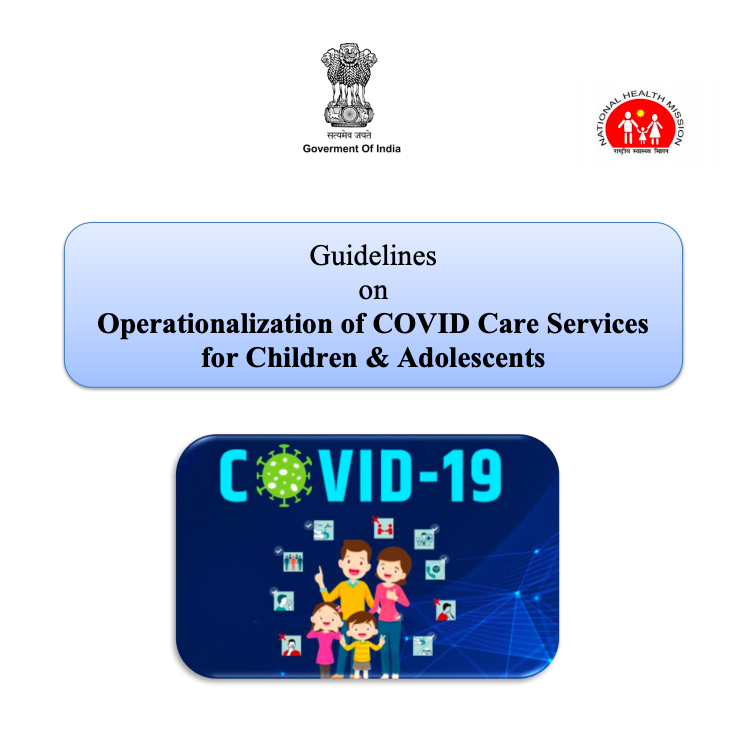Recent findings from a comprehensive study underscore the alarming impact of climate change on maternal and infant health, revealing that increased heat waves significantly elevate the risk of preterm and early-term births among women. Published in the JAMA Network Open on Friday, May 24, the study draws on an analysis of 53 million births across the largest U.S. metropolitan areas over a 25-year span, from 1993 to 2017.
Conducted collaboratively by researchers from Emory University, University of Nevada Reno, Yale University, University of Utah, and the National Center for Atmospheric Research, the study represents the most extensive investigation to date into the relationship between extreme heat events and perinatal outcomes.
The research pinpointed a disturbing trend: when local temperatures exceeded normal thresholds for more than four consecutive days, there was a noticeable uptick in both preterm births (gestation less than 37 weeks) and early-term births (gestation less than 39 weeks). These findings are particularly concerning as preterm and early-term births are major contributors to infant mortality rates and can lead to long-term health challenges such as respiratory issues, cognitive impairments, and behavioral disorders.
Dr. Howard Chang, senior author of the study and professor of biostatistics and bioinformatics at Emory University’s Rollins School of Public Health, emphasized the implications of these findings: “Our study underscores the vulnerability of pregnant women and their babies to the escalating frequency and intensity of heat waves exacerbated by climate change. With forecasts indicating a warmer summer ahead and future projections of more frequent heat waves, we anticipate worsening outcomes for maternal and child health.”
The study’s findings serve as a stark reminder of the urgent need for climate action and public health interventions aimed at protecting vulnerable populations, particularly pregnant women, from the adverse impacts of rising temperatures. As global temperatures continue to rise, proactive measures will be essential to mitigate the risks posed by climate-driven health threats and safeguard the well-being of future generations.











